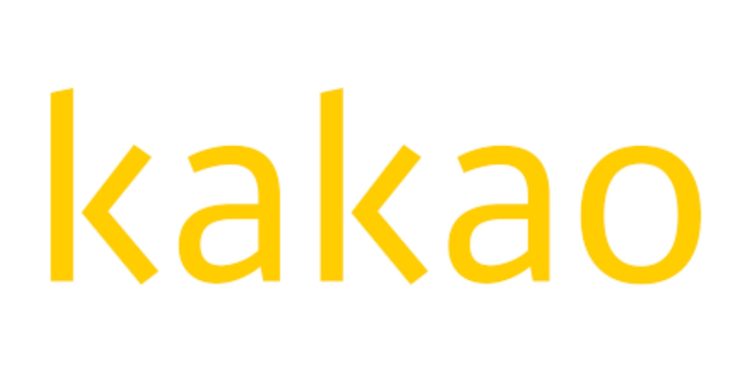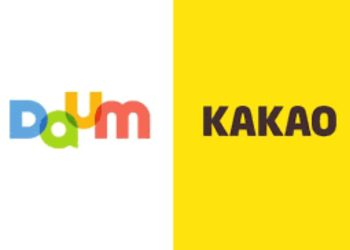Kakao Corp. has enhanced its artificial intelligence (AI) capabilities with the launch of “Kanana,” a new AI chatbot app designed to offer personalized services. The company initiated a closed beta test for general users on the 8th of this month, following earlier efforts to integrate AI services into its popular KakaoTalk messaging platform. The app aims to provide users with tailored AI companions to assist with tasks and conversational interactions.
The Kanana app, now available for download on major app stores, introduces two AI companions: “Nana,” a personal assistant, and “Kana,” a group assistant. These virtual aides are designed to engage in one-on-one and group chats, understand conversation contexts, and help manage schedules and other everyday tasks.
Despite the anticipation surrounding its release, the app has faced some criticism for being underwhelming, and questions have arisen about its potential for long-term growth, particularly after Kakao’s disappointing earnings report in the first quarter.
During a recent earnings call, Kakao CEO Chung Shin-a described Kanana as a core part of the company’s broader AI strategy for 2025. She emphasized that Kanana is the beginning of a rollout of AI-powered services to make artificial intelligence a long-term growth engine. Chung added that the app is part of Kakao’s goal to develop Korea’s most widely used user-oriented AI service and to turn it into a sustainable business.
Kanana features two AI companions—Nana for individual chats and Kana for group chats. These assistants can follow conversation context, summarize details, and support users with planning and daily tasks. Their personalities and conversation styles can also be tailored, making the experience more interactive. According to Kakao, frequent use leads to more refined and context-aware responses as the AI learns from accumulated interactions.
The company plans to upgrade Kanana before its full release, using feedback from the closed beta to test service stability and refine prompts. It also intends to integrate Kanana’s features more directly with KakaoTalk in the future. In the long run, the Kanana brand will be part of KakaoTalk’s AI offerings, including a recommendation service and AI-driven searches. The AI mate shopping and local functions, which received favorable reviews during in-house testing, are expected to roll out next.
Kakao is also working with OpenAI to develop a more advanced AI agent capable of handling complex tasks across its digital ecosystem. CEO Chung said the collaboration will go beyond basic Q&A and incorporate features that operate across various Kakao services. Kakao aims to leverage OpenAI’s technical expertise and its own knowledge of user behavior to build AI services suited for mass users.
Despite its ambitions, Kanana’s beta release has drawn mixed reactions. Some users criticized the app for offering limited features and outdated responses. The lack of integration with KakaoTalk also raised concerns about convenience, as both parties in a conversation need to install Kanana. While Kanana offers a glimpse into Kakao’s AI future, questions remain about its appeal in a competitive market filled with chatbot alternatives.
Kakao posted a 6.3% drop in revenue to 1.86 trillion won and a 12.4% decline in operating profit to 105.4 billion won for the first quarter of 2025. While its platform segment, including KakaoTalk, Mobility, and Pay, grew 4% to 993 billion won, weaker performance in the content sector — down 16% to 870.7 billion won — weighed on overall results.







